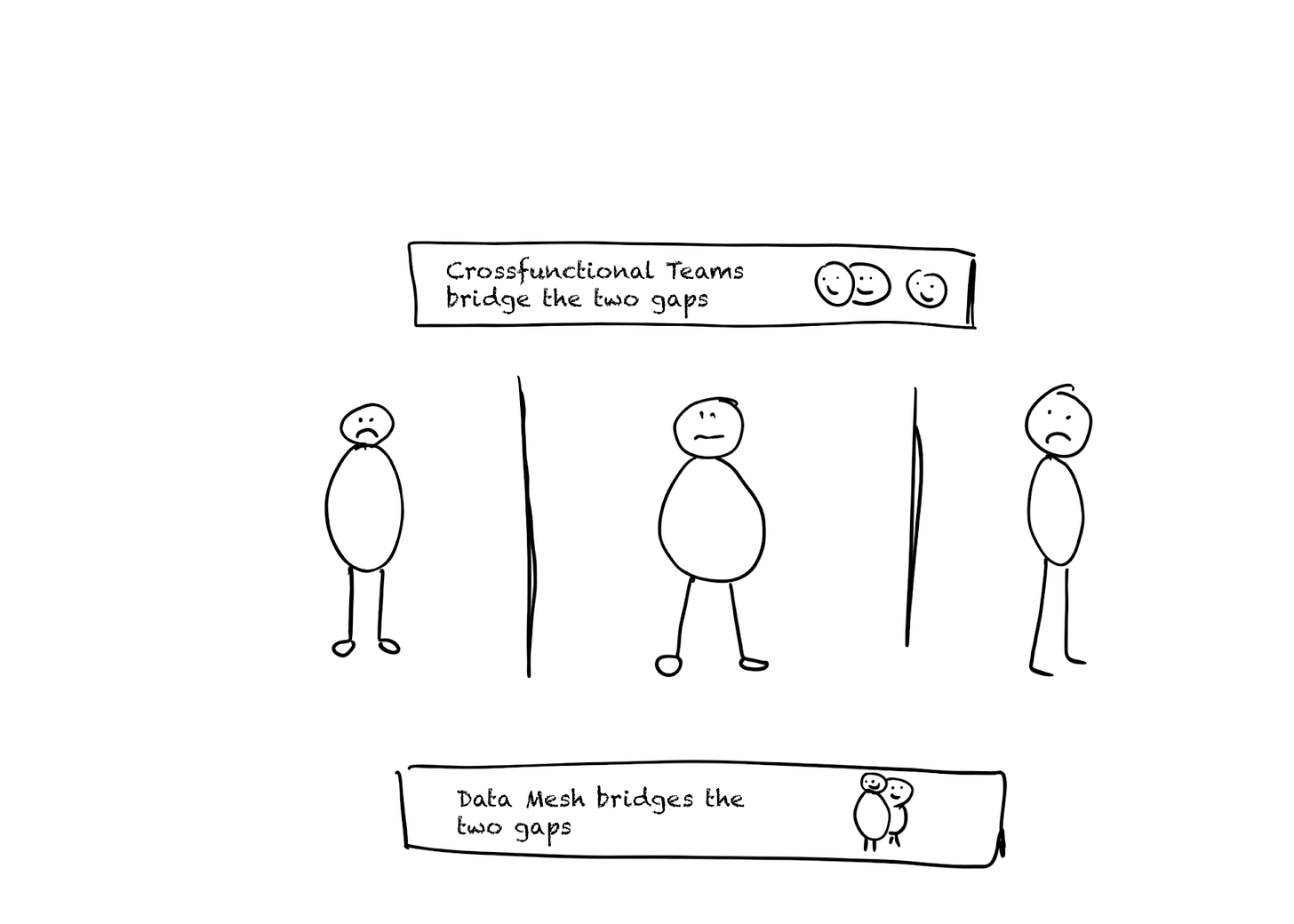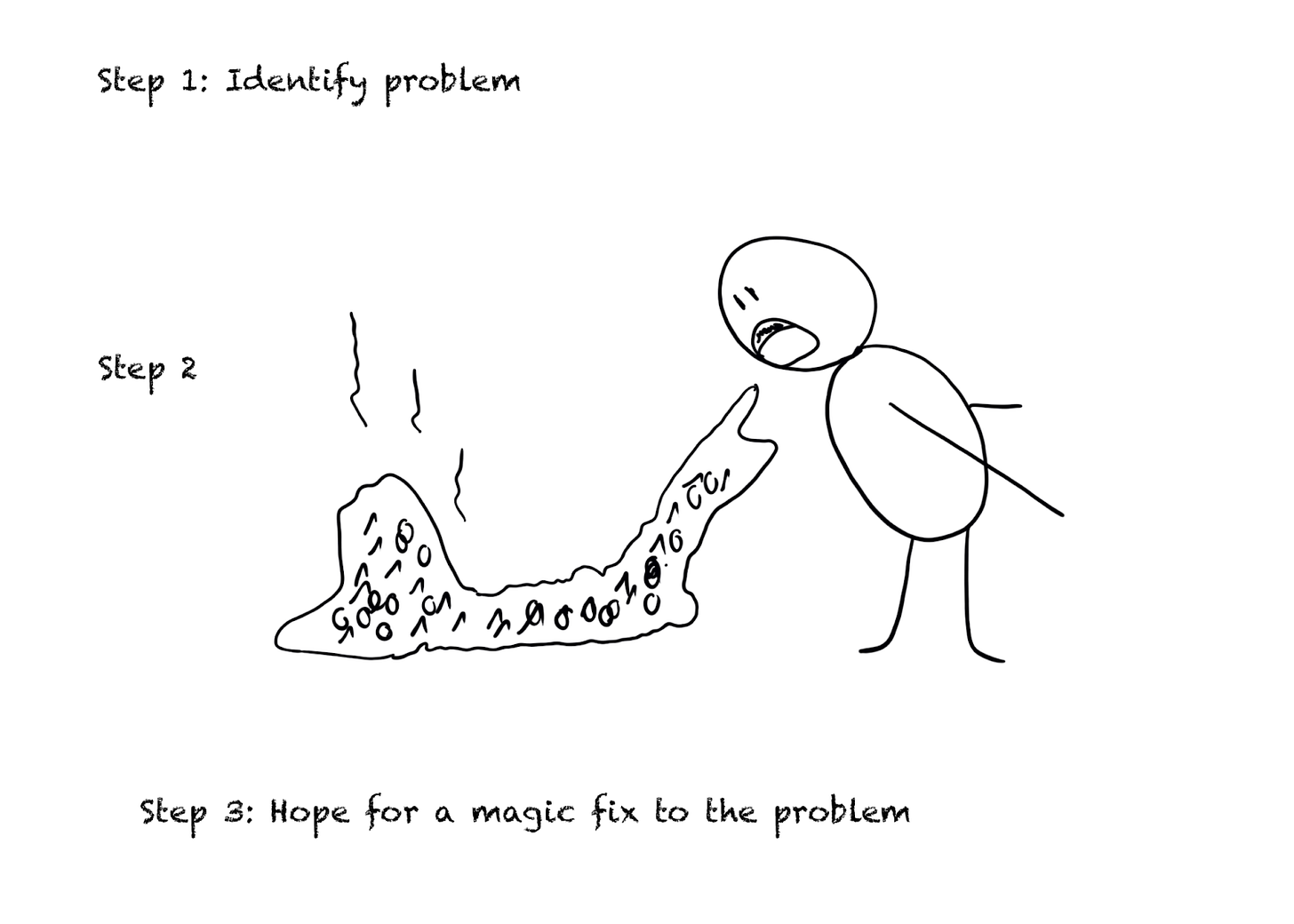How Airbnb Turned Itself Into A Data-Driven Company Through Business Intelligence
This is the Three Data Point Thursday, making your business smarter with data & AI.
Want to share anything with me? Hit me up on Twitter @sbalnojan or Linkedin.
Let’s dive in!
Netflix, Spotify, Airbnb, CapitalOne, Google, all of these businesses are data businesses. They bring value to their customers with the help of data, lots of value, and lots of data.
While I still believe there is only one good choice to start your journey to becoming a data business, that’s by building smart products; many companies want to start in a different place: by improving decision-making.
Why would you care about boring stuff like decision-making & business intelligence?
In the book Blitzscaling, Reid Hoffman and Chris Yeh talk about how Mark Pincus at Zynga was criticized for having a BI team five times the size of other companies. “Zynga must be dumped.” Actually, though, collecting that data enabled Zynga to test out ideas and develop games to success at a breathtaking speed.
And all of that is simply by focusing on decision-making.
So this is for you, all those businesses, stubborn or not, that really believe for them the right place to start is with decision-making and are willing to commit to this way.
Let’s explore the story of AirBnb, which started at this point, just like Zynga, focusing on data for decision-making. We’ll try to understand how companies pull this off and what pitfalls you must avoid.
I was wrong about Airbnb
Years ago, I read an article on how Airbnb hired their first data scientist/machine learner as employee number 10. Riley Newman went on to lead the data science department at Airbnb until 2016.
Stupid me thought the founders realized from day one that they were in a super-data-rich business and that what’s needed to connect rental places and people is huge amounts of data and smart algorithms.
… and of course, I was wrong. While Airbnb today powers dozens of deep neural networks to drive their platform’s margins up, they didn’t start their data journey with that quest, kind of.
As Riley Newman says, he was brought in to ensure that the founding team at Airbnb “weren’t just going wherever the wind blew us.” He was brought in to improve decision-making from day one, even without much data.
And Airbnb held true to that approach, they integrated data into decision-making from day one. 5 years later, in 2016, the company had developed a process around every bigger decision based on data.
The level 1 system at Airbnb
“Every endeavor in the company now has a cross-functional leadership team that includes a senior data scientist. The idea is to ensure that data influences strategy in the right way--and that projects begin with concrete goals and metrics, rather than tactics.” Why AirBnb has a data scientist on every leadership team
Riley Newman describes the process that leadership teams make like this:
have a data scientist on every leadership team (notice that they are cross-functional from the beginning)
Choose a goal + metrics before you decide what to do.
Research possible tactics and choose the best option (based on the metrics).
Conduct a controlled experiment (in a variety of possible ways)
If positive, role out to more people
If negative, iterate, go back
Riley makes a good case for getting started with such a process early:
“The truth is, the gap between curating the information necessary to drive decisions and actually making the decisions is very small.“
The more you focus on curating data and information from day one, the more you can drive decisions from day one. Remember that Riley took up this task when the company was still running out of a bedroom.
It’s about everyone
Riley didn’t do his own thing in his little chamber, serving reports to someone, not that he had a chamber. The team at Airbnb worked together from one single founder's apartment; everyone was involved in every decision, and so was Riley and his data.
Riley carried this cross-functional nature into the modern Airbnb because data scientists are only as valuable as the context they have to solve a problem. They need to be embedded into the business side of things and into the data side, sitting side-by-side with business leaders and data engineers.
This shows one of the fundamental realizations of today's business world: There are two huge gaps between the data creation, the people who curate data, and the ones who use it.
So, Riley simply decided to bridge these two gaps by putting all of those functions into the same team, which is his definition of a cross-functional team.
It’s not about decisions, it is about scale
Interestingly, the fundamental motive for starting a data journey for Airbnb so early wasn’t about making data-based decisions; it was about preparing for scale.
In Masters of Scale, Brian Chesky describes their model as simple: Do something by hand as long as you can, and then start to automate the tiniest bit of it, repeat. The same model is what Riley used to scale data science. The data scientists are there to scale when speaking to every customer; making every decision by hand isn’t possible anymore. Data scientists are essential to scaling decision-making in a growing company without a growing headcount.
Making better, faster, more high-quality decisions is almost an afterthought to Airbnb. Airbnb focuses on making great decisions first by hand, collecting the best feedback from hosts by hand, and only then automating it when this process becomes too painful.
It’s about stories
Airbnb isn’t the only company that uses cross-functional teams to drive data-based decisions. If you look over Spotify, you will find a very similar model implemented.
“Not an individual discipline but the integration of many from areas like Data Science, User Research, Analytics Engineering, and more. It’s a novel approach but one that’s really working for us. We work as one with the Product teams, helping to guide decisions by backing them up with a blend of insights and analysis.” Data Research Insights at Spotify
The key to bridging this gap, though, to make this cross-functional collaboration work is something both Airbnb and Spotify figured out: it is about telling stories and creating insights.
It isn’t about data puking. Both companies have their data scientists and analysts focused on guiding decisions first and data second.
So what?
If you want to take data-driven decisions seriously, AirBnb might provide a good role model. Most of their lessons are grounded in problems many companies have.
First, these gaps will always exist between data creation, processing, and usage. You’ll need to bridge that gap somehow. Be that by doing fancy data meshes, using cross-functional teams like AirBnb, or using the pairing model Spotify pioneered.
Second, data isn’t really about decision-making. Data is about scaling decision-making! If you’re a start-up of one person, you’ll be fine on your own. You can do your data research on your own. Data is truly important only when things scale, when you need more data (and have more data) than you can handle to effectively and quickly make decisions.
With that, all data engineering projects, ML, AI, and data science efforts should only happen if you feel the need to scale decision-making from its manual process. Be that on your or your customer's side. You're likely missing the point if you can’t make good decisions without a data initiative. First, fix your decision-making, then automate it using data.
Third, unless you plan to sell data, data is never the end goal. Data is completely worthless without (scaled) decisions based on it. It’s why AirBnb and Spotify focus on telling stories and delivering insights that drive decisions. This means you need to ditch the idea of data being about dashboards, reports, or SQL. It is solely about facilitating decisions and decision-makers with whatever tool makes the most sense, be it an Excel sheet, a prediction algorithm, a recommendation algorithm, or more fancy AI.
That sounds fun! Why do you need to be careful?
Unlike most other best practices in the data world, the three key lessons above derive from the fundamental nature of data, making them more solid than most other known best practices.
The reason I’m so hesitant to push for this way to become a data business is that it seems to be very hard for companies to take these three lessons seriously. Most companies try to take the easy route: buy a BI tool, hire a CIO/ Head of Data, and hope for the best.
They don’t want to fix their decision-making first and then automate it; they want to puke data and magically fix their decision-making with it.
That’s not going to work, ever. If you do want to take this seriously, take your decision-making seriously in the first place, and start from there, then you might have a chance to turn the ship in the right direction.
Here are some special goodies for my readers:
👉 The Data-Heavy Product Idea Checklist - Got a new product idea for a data-heavy product? Then, use this 26-point checklist to see whether it’s good!
The Practical Alternative Data Brief - The exec. Summary on (our perspective on) alternative data - filled with exercises to play around with.
The Alt Data Inspiration List - Dozens of ideas on alternative data sources to get you inspired!





